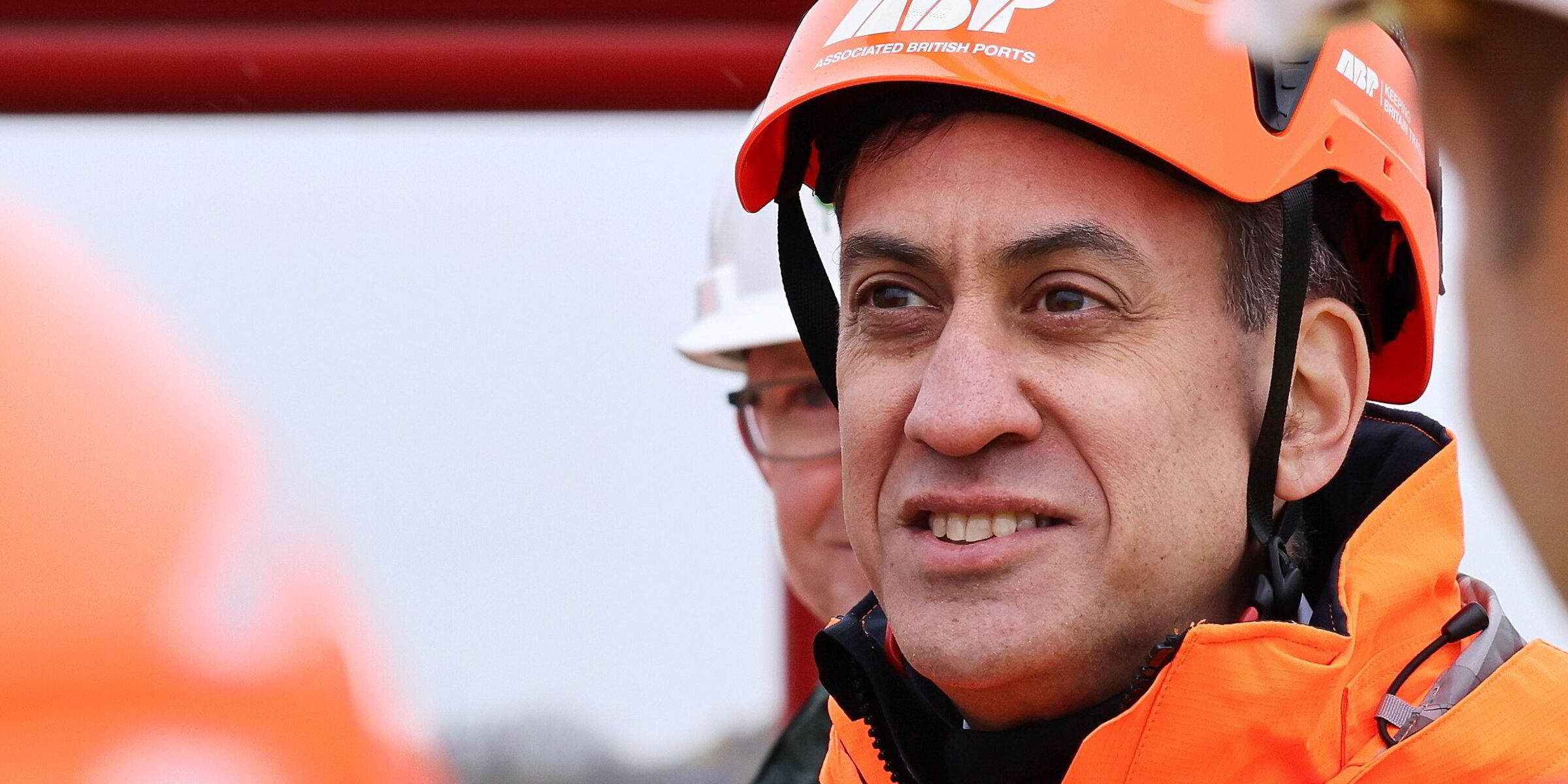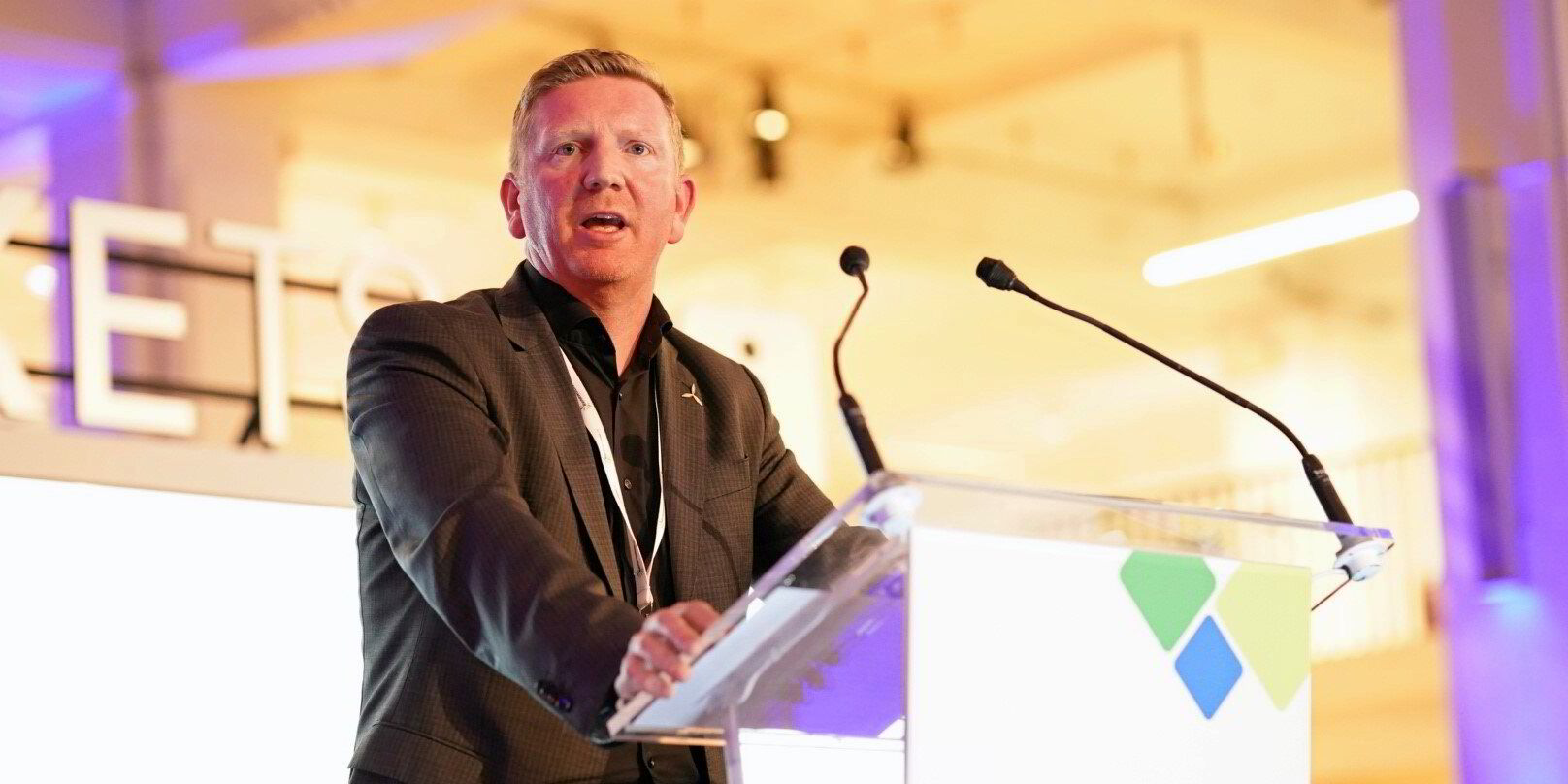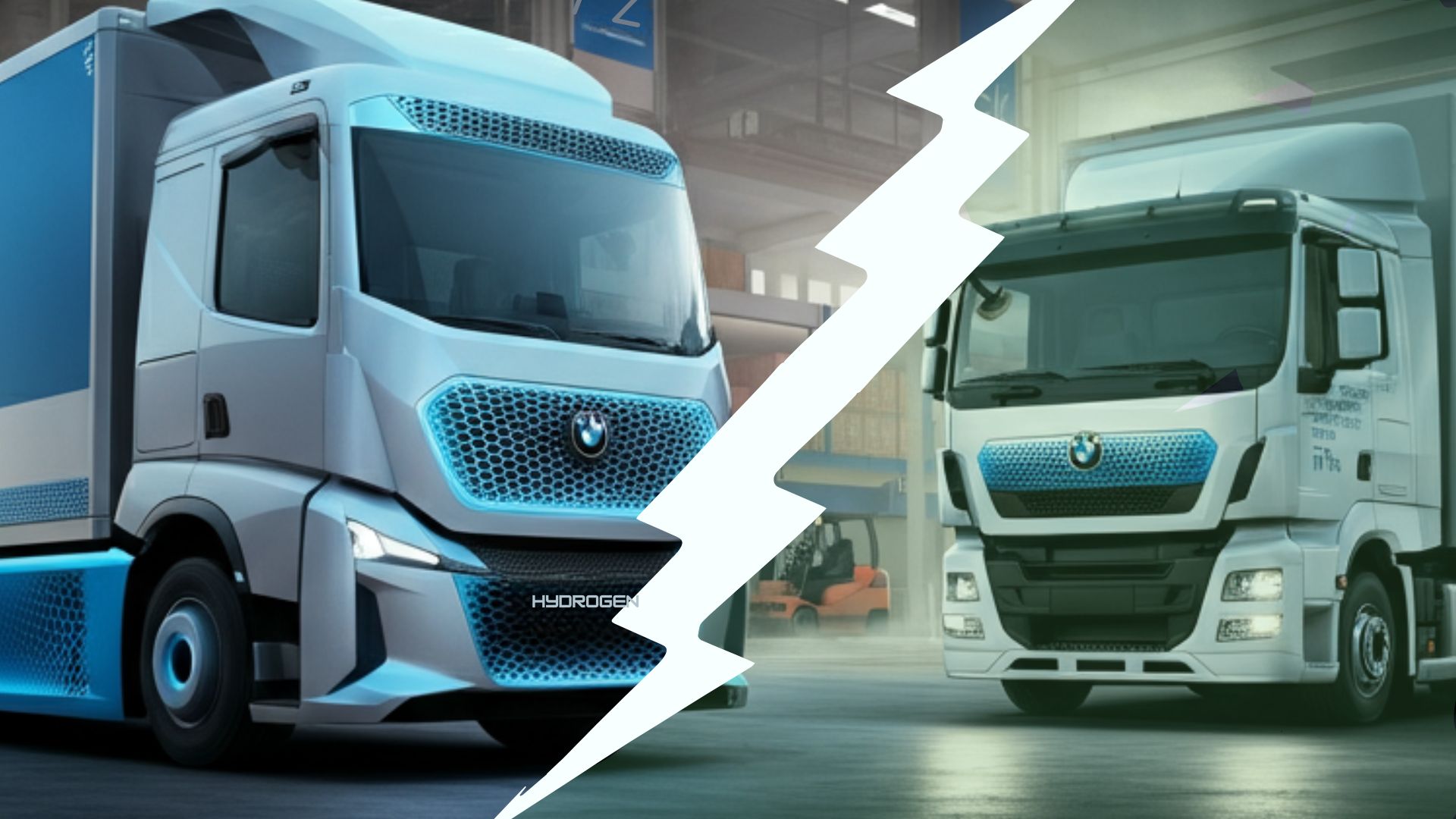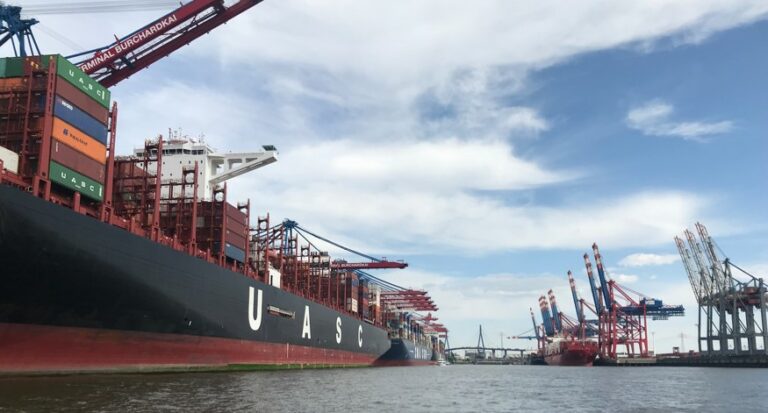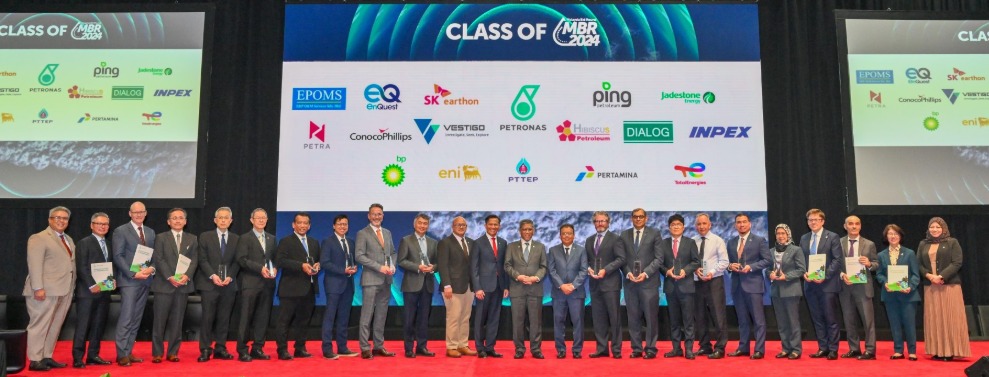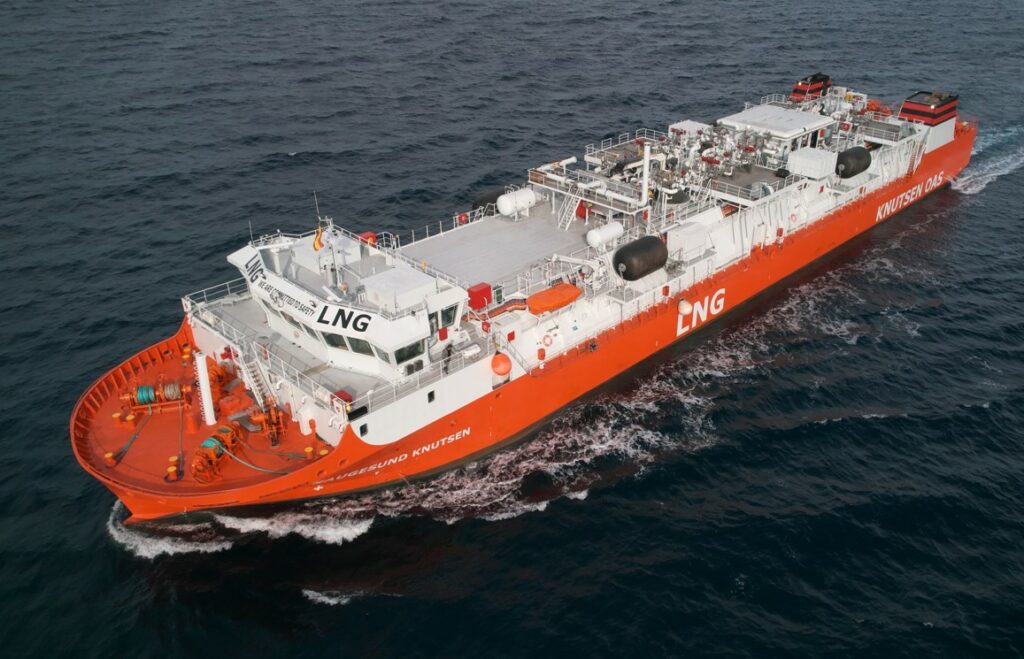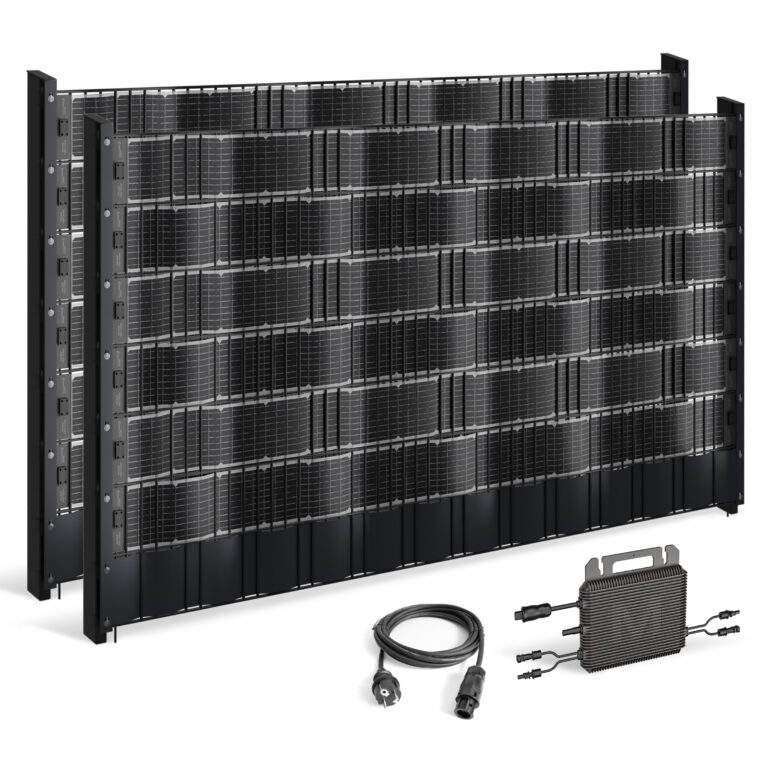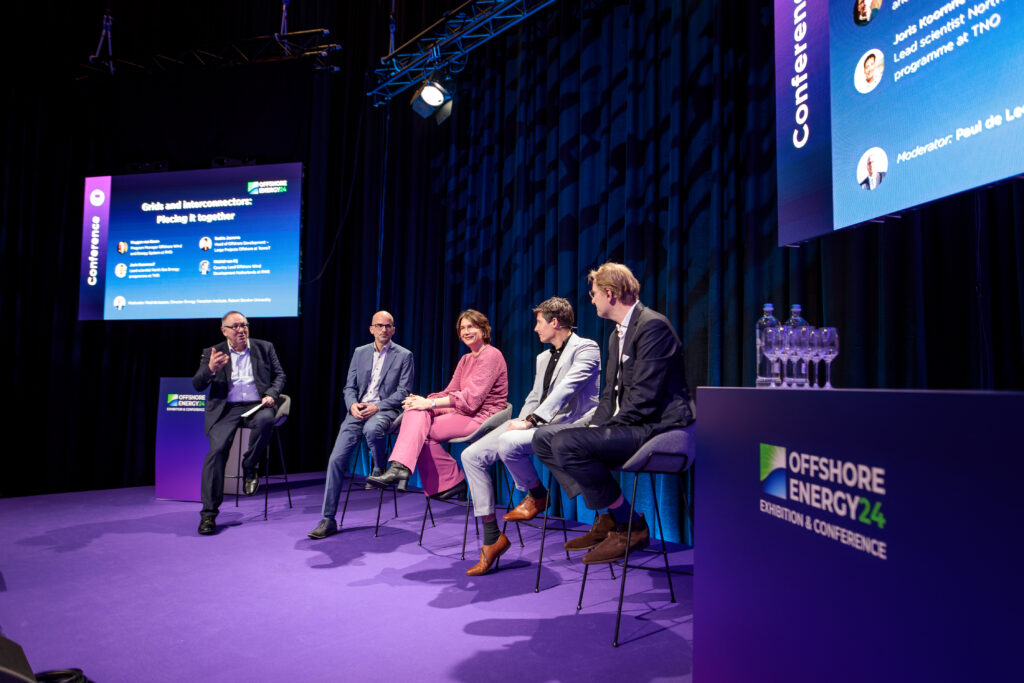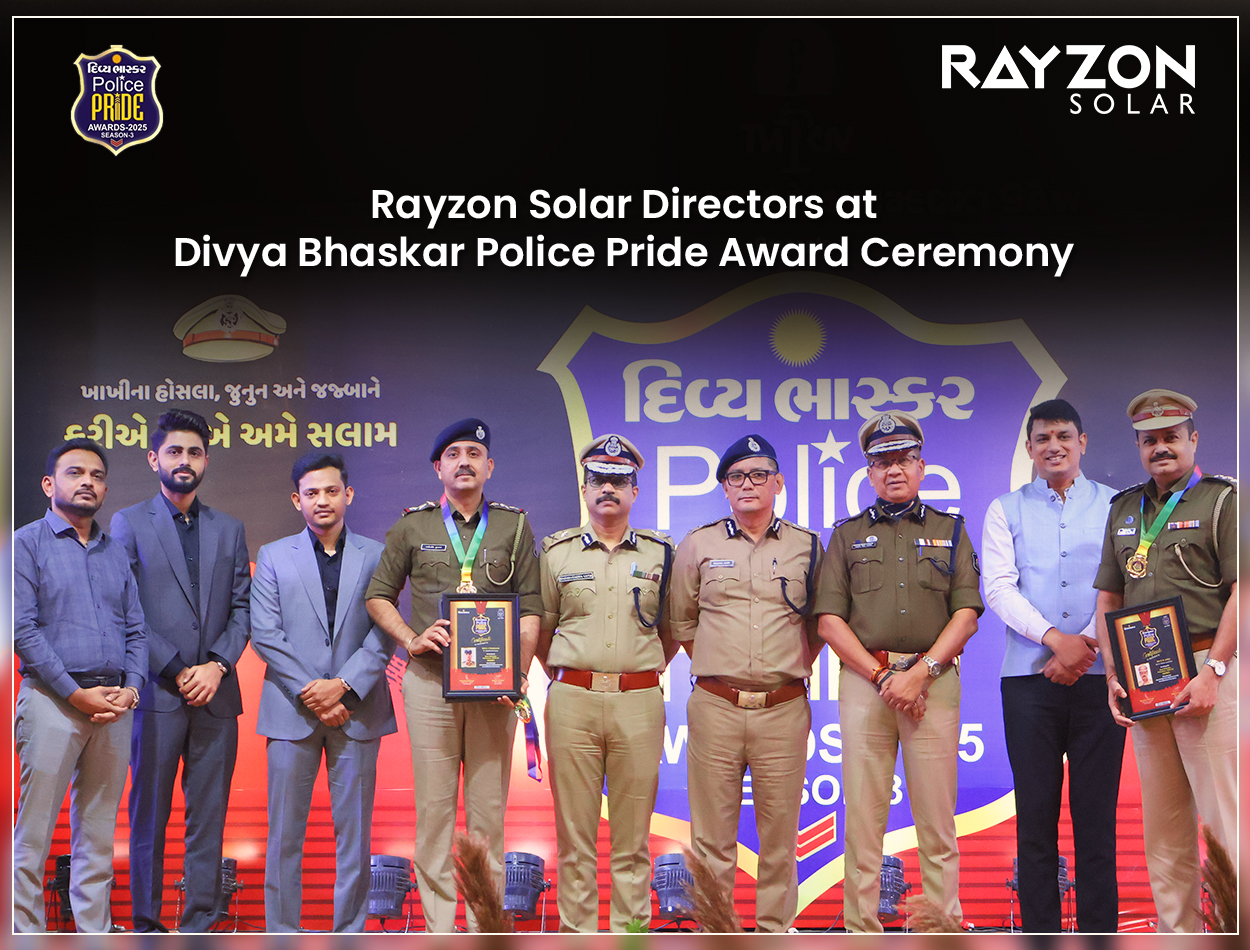Engineering a Hydrogen Economy… Roundtable interview with eight of our conference speakers – Institution of Mechanical Engineers
Engineering a Hydrogen Economy… Roundtable interview with eight of our conference speakers – Institution of Mechanical Engineers Ahead of our Engineering a Hydrogen Economy conference, we caught up with nine […] The post Engineering a Hydrogen Economy… Roundtable interview with eight of our conference speakers – Institution of Mechanical Engineers appeared first on Hydrogen Central.

Engineering a Hydrogen Economy… Roundtable interview with eight of our conference speakers – Institution of Mechanical Engineers
Ahead of our Engineering a Hydrogen Economy conference, we caught up with nine of the event’s speakers as they discuss their roles and involvement with regards to the conference topics, industry challenges and why it is important for engineers to attend.
Q: Could you briefly explain your role, involvement, and experience related to the focus of this event?
Marcus Walls-Bruck, National Composites Centre (MWB): For the past five years, I have led a team of engineers and scientists at the NCC, developing composites for cryogenic hydrogen applications. Focusing on storage tanks, we aim to improve and demonstrate the technology’s viability for aerospace. Our work includes testing material performance at cryogenic temperatures and conducting simplified tank trials with liquid hydrogen to identify key design parameters.
Barrie Goode, Swansea University (BG): I am currently the Director of Industrial Research at Swansea University’s SWITCH facility, driving research focused on decarbonisation and product development. Over the past 3-4 years we have embarked on a hydrogen research journey supporting industry with the transition to a net zero future. Prior to the current role I have spent 20+years in the metals and superalloy industries in a number of senior Technical positions.
Chloe Palmer, Rolls-Royce (CP): I am the fuel system architect for Rolls-Royce’s hydrogen demonstrator programme, so my roles is defining and developing the fuel system from concept to demonstration for the modified Pearl 15 turbofan engine that will hopefully be running this year (2025). I was heavily involved in the early development of the fuel system architecture for the test campaign, including the test we successfully completed in late 2022 at MoD Boscombe Down where we ran a modified AE 2100 turboprop engine on 100% green hydrogen, a world first. I have been working on hydrogen concepts for aviation since 2011 when I was studying for my PhD at Cranfield University working on cryogenic cooling systems and fuels for future aircraft concepts, and then joined Rolls-Royce in 2015 continuing to work on hydrogen in various guises and projects until starting the hydrogen demonstrator work in 2020. I have experience in looking at hydrogen in aviation in many aspects, including the hydrogen economy and synthesis, transportation and storage, use in fuel cells, gas turbines, and design of hydrogen aircraft concepts.
James Fidler, Sturgeon County (JF): My role at Sturgeon County is to promote the development of the hydrogen and clean fuel ecosystem and foster competitiveness through projects with academia, industry, and governments. Our work on hydrogen projects in the production, transportation, and agricultural sectors complements the conference topics.
Richard Osborne, Ricardo (RO): My role is the development of engines that run on sustainable fuels, including hydrogen, methanol, ammonia and biofuels. As such I am working on the development of hydrogen engines as part of Ricardo’s R&D programme and for our customers.
Andy Harris, Wrightbus (AH): I’m the Head of Research & Data Analytics at Wrightbus, leading the Advanced Engineering and Data Analytics teams in developing state-of-the-art simulation toolkits for accurately predicting EV and H2 bus efficiency and performance, as well as analysing large on-board telematics datasets to identify key vehicle trends. I’m also the Centre Manager of the Wright Technology & Research Centre at Queen’s University, Belfast (W-TECH) – the only research centre in the world dedicated to the advancement of bus technologies.
Priya Bhagavathy, PNDC (PB): As a leading expert in energy systems with over 15 years of experience, I currently lead the Whole Energy Systems, Heat and Hydrogen Portfolio at PNDC. My expertise spans technology research, innovation, and business model development in the low-carbon energy sector, including electricity, transport, thermal, and hydrogen. Notably, I’ve supported over 10 SMEs in developing their hydrogen-related innovations, from product development to market identification and business model creation. With a proven track record of delivering successful research projects, I’m excited to share my insights at this conference.
Ingar Fossan, Safetec (IF): I am dedicated safety engineer in innovation of risk-based methods enabling the industry to make well informed risk-based decisions on cost driving safety design aspects. I have headed the projects developing the methods used in the Oil and Gas industry in Norway, and currently I am driving a comprehensive effort through the SAFEN project enhancing our methods for the hydrogen value chain. I will present the SAFEN project in the session Consideration for System Design, Safety and Standards at day two of the conference.
Q: What, in your experience, has been the biggest roadblock for the industry over the past 2-3 years?
MWB: This uncertainty – this hinders funding commitments needed to advance the technology, define its limitations, and explore its potential for decarbonizing applications lacking alternative solution.
BG: The biggest roadblocks in my view is the overall co-ordination of development and research across the UK to ensure solutions are delivered quickly and are not duplicated.
CP: Without a doubt supply and availability of hydrogen at the scale necessary, even to do testing. Large suppliers of gases need firm, long-term commitments and regular orders to justify supply, and small suppliers or generators are simply impractical. We have found that rather than bring hydrogen to the test article, we have had to bring the test article to the supply, and that it is easier to create entirely new testing capability at a location near to a hydrogen source than to install or procure hydrogen at existing sites. This is slowly being improved with the efforts of the ATI’s Hydrogen Capability Network recommendations, but has still a long way to go.
JF: The biggest roadblock for the hydrogen industry in Alberta has been the slow pace of regulatory and legislative change at both the provincial and federal levels of government.
RO: For the industry overall, the biggest roadblock is the absence of technology-neutral CO2 regulations. For hydrogen engines, the key roadblock is the availability of green hydrogen. And the second problem flows in part from the first!
AH: There have been well known challenges around the fuel supply-chain and lengthy approvals processes for installing H2 storage and production facilities – the technology is mature, but decision makers require greater understanding of the benefits of hydrogen and safe & best practice.
PB: In my opinion, the industry has faced significant challenges in attracting and retaining top talent, largely due to limited re-training opportunities that often fail to provide the necessary depth for immediate workforce entry. Additionally, supply chain bottlenecks have arisen from our high reliance on a small number of countries for critical input materials.
IF: Disregarding economic viability, a major challenge for the development of projects involving handling of hydrogen, ammonia and CO2 is to determine cost-efficient safety distance approved by the regulator. This is a general challenge across countries regulated according to risk-based principles. This challenge does to a certain degree stem from accidents demonstrating the potential consequences to people and economic assets. It is therefore key that the industry demonstrate its capability to harness the risk factors and that the required measures to obtain a trustworthy safety level does not drive the cost of design and operation.
Q: What key topics are you excited to discuss at this year’s conference?
MWB: Our approach to move from small scale tests towards real applications.
BG: Novel accessible research to understanding material performance in hydrogen.
CP: I’m excited to discuss our progress in the aviation sector on hydrogen fuel systems, as well as some of the innovations and findings we can share on how liquid hydrogen presents opportunities for gas turbines.
JF: I’m interested to learn more about the use of hydrogen in the aviation and power generation sectors.
RO: Hydrogen engines as a robust, familiar and lower-cost zero-carbon technology for long-range trucks (along with off-highway machines and heavy-duty marine applications).
AH: I’m looking forward to seeing a variety of speakers showcase their successes with hydrogen technologies and applications as well as any insights into their challenges and were there may be areas for future collaboration – the hydrogen economy is only going to work if the stakeholders are aligned on shared goals and objectives.
PB: I’m particularly looking forward to discussing the Engineering Design of the 120 MW Villeta project, as well as sessions focused on safety and standards – especially design standards. These topics are crucial for driving progress in the hydrogen sector.
IF: I am always after sharpening my understanding of potential failure mechanisms and failure causes leading to loss of containment associated with the technologies within the hydrogen value chain.
Q: What do you consider to be the key areas of innovation in this industry, both in the UK and internationally?
MWB: Damage detection, new materials, route to certification.
BG: Having cheap and accessible ways to generate, store and safely distribute hydrogen.
CP: I think conditioning and fuel management systems are major areas of innovation, not just for the aircraft but from synthesis to use, so distribution, transportation, storage, liquefaction, venting, etc to minimise loss. With every gram of hydrogen lost to leakage or transfer losses for example, there is a real and quantifiable cost to the end user associated that is non-negligible as a result of the cost of generation, so innovations in those areas will be crucial to making it economically viable alongside efficiency improvements.
JF: A key area of innovation for the Alberta market is making hydrogen fuel widely available in a safe, easy to use, and economic manner.
RO: The UK is a leader in the development and manufacturing of IC engines. The key is to preserve this (with sustainable fuels) in the transition to net zero powertrains.
AH: Internationally, we’ve seen significant technological step changes in fuel-cell technologies for transport applications with efficiency, serviceability and weight reduction improvements, all leading to a lower total-cost-of-ownership. More locally, we are excited to see UK-based consortiums backed by government funding to introduce novel and innovative ways to produce, compress and store H2 fuel. If prototypes are successful, and with a clear route to market, it would make the UK a global leader in hydrogen-based technologies.
PB: From my perspective, some of the most critical areas for innovation include developing more efficient methods for hydrogen production, creating better materials for hydrogen transportation, and improving hydrogen leakage detection methods. Addressing these challenges will be essential for widespread adoption.
IF: Being a safety engineer and knowing the importance of learning through sharing, a joint industry incident data base with high quality data that the industry could use to continuously leverage safety level based on learning from previous incidents in the hydrogen value chain would be fantastic for the entire industry. Current databases does not fulfil the today’s needs.
Q: Who else are you most interested in hearing from on the programme?
MWB: Too many to list!
BG: The aviation developments and storage considerations.
CP: I will be keen to hear what Harry Brazier says on the governments perspective on the role of hydrogen.
JF: I’m very interested to hear more about sustainable aviation fuels.
RO: Harry Brazier from DESNZ, Prof. Ian Arbon.
AH: I’m interested to hear from a wide range of experts with viewpoints from leaders in academia, government, energy providers, certification bodies and private industry.
PB: I’m eager to hear from government representatives and regulators, as their perspectives on the role of hydrogen and innovations in hydrogen derivatives will be invaluable in shaping our collective understanding of the industry’s future.
IF: Several sessions appear very interesting. The session on Hydrogen Handling and Storage is definitely within my sphere of interest, and in particular the speak by Dr Michael Dicker on Safe handling of gaseous and cryogenic hydrogen in containerised electrolysers and refuelling systems is a presentation I look forward to.
Q: Why is it important for engineers to join this conference?
MWB: This conference offers a comprehensive view of challenges and opportunities – highly recommended for anyone in the field.
JS: Engineers will ultimately be responsible for implementing the solutions.
CP: Hydrogen is the subject of intense debate, and as is typical with ‘hot topics’, sometimes inaccuracies or old tropes creep back in, cries of ‘Hindenburg’ or ‘H-bomb’ among the most popular ways to discredit the hydrogen economy. Engineers should join this conference to understand the reality behind hydrogen and the crucial role it can play in a future low or no carbon energy world and transition.
JF: This conference will provide background knowledge and access to the experience of others that can be used to solve technical issues and educate the wider public about the benefits of hydrogen.
RO: Anyone working in the hydrogen economy will gain a lot from this event.
AH: The variety of the agenda is sure to entice engineers who may have a passing interest, right up to experts in the field – hydrogen is undoubtably going to be one of many solutions necessary in reaching our collective net-zero goals which will affect all engineers from all industries in one way or another.
PB: I firmly believe that this conference provides a unique platform for knowledge sharing, collaboration, and problem-solving across the entire hydrogen value chain. By bringing together experts from various sectors, we can collectively address the technical challenges hindering the widespread adoption of hydrogen technologies, ultimately driving progress toward a more sustainable energy future.
IF: To get an fresh update on the ever developing technologies within the value chain of hydrogen.
The Engineering a Hydrogen Economy conference will be taking place on 4-5 March 2025 at Millennium Point in Birmingham.
Join this conference to:
- Hear case studies from mature projects addressing infrastructure challenges for production, storage and distribution
- Identify bottlenecks and barriers in moving to a hydrogen economy
- Develop your understanding of the utilisation across different engineering sectors including rail, heavy-duty, aerospace, power generation, marine and more
- Hear from leading experts in the field and explore opportunities to collaborate on new projects
- Gain insight into gaps in the market and requirements for new technology
- Take away lessons learned from other innovative companies to ensure optimal development strategies
- Understand how your existing equipment or products can be deployed in the new hydrogen economy
READ the latest news shaping the hydrogen market at Hydrogen Central
Engineering a Hydrogen Economy… Roundtable interview with eight of our conference speakers – Institution of Mechanical Engineers, source
The post Engineering a Hydrogen Economy… Roundtable interview with eight of our conference speakers – Institution of Mechanical Engineers appeared first on Hydrogen Central.
What's Your Reaction?







